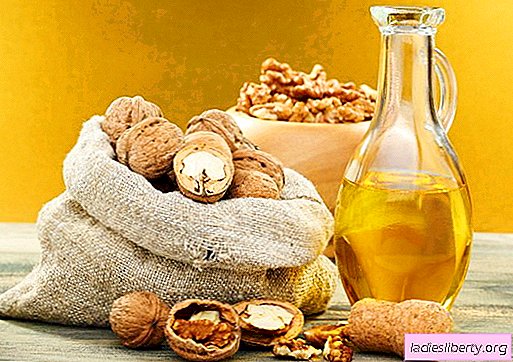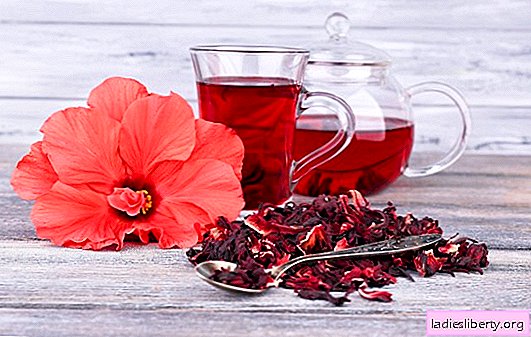
Field Bindweed - General Description
Field bindweed, which is popularly called the gramophone, birch, felt grass, is a perennial herbaceous plant growing in length by 1 - 1.5 m.
The plant can be recognized by the numerous, thin, curly, twisted spiral stems. The roots of the plant are rod, branching. Bindweed has alternate, ovoid-elliptical or oblong leaves located on the petioles. The plant blooms with white or pink, funnel-shaped flowers of a pleasant aroma.
The plant blooms from April to October. The frequency of opening of inflorescences is affected by the time of day and weather. If they are open in the morning, the weather will be clear; if they are closed, it will rain. The plant gives fruits in the form of a smooth egg-shaped box, the seeds of the bindweed are small. Bindweed is poisonous. At the same time, the plant contains useful vitamins and minerals. In all parts of the bindweed there is a high content of flavonoids, vitamins C, E, bitterness, toxic alkaloids of convolvine, convolomine.
Field bindweed - types and places of growth
Field bindweed can be found in various territories, including the White Sea and Central Asia. The plant prefers the area along the road. It also clogs fields and gardens.
Bindweed belongs to the genus lianoid. In our latitudes there are more than 37 species. The most common species is field bindweed. Other known species include:
- Three-colored bindweed, or daytime beauty, which is an annual liana-shaped herbaceous plant with a straight or rising branching stalk and ankleless, pubescent, slightly pointed leaves of a linear-lanceolate shape.
- The Moorish bindweed with delicate lilac flowers is distinguished by its attractive appearance. It is grown in containers and hanging baskets.
Field bindweed - medicinal properties
The healing properties of the plant have been known since the time of Avicenna. Today, with its use, asthma, diseases of the lungs, liver, and spleen are treated. Experimental animal studies have proven that the plant has a hypotensive, antispasmodic, anti-inflammatory, hemostatic, local anesthetic, irritating mucous membranes property.
A decoction of the herb has a laxative, diuretic, wound healing, choleretic, diuretic, hypotensive effect. Under the action of bindweed seeds, intestinal motility increases, and the secretory activity of the large intestine increases. Bindweed also treats hypertension and insomnia.
Field Bindweed - dosage forms
As medicinal raw materials, stems and roots, flowers and seeds are used. Traditional medicine prefers a fresh plant, since the dried one has much less useful active substances. Raw materials are produced at the time of flowering. Decoctions are prepared from bindweed, infusions, and ground into powder.
Field Bindweed - Recipes
To prepare a laxative and diuretic tincture of bindweed, its stems and leaves are mixed with alcohol in a ratio of 1 to 5. After several weeks, it is necessary to take 1 teaspoon of it.
To prepare an infusion of herb bindweed, pour 1 tablespoon of bindweed with boiling water.
Field bindweed - contraindications
Before taking a plant or medicinal products from it, it is necessary to take into account its toxicity. An overdose can lead to vomiting, diarrhea, and abdominal pain. The substances that make up the bindweed are excreted in the urine, and this can negatively affect the kidneys and their hyperemia, cause polyuria and hematuria.
Convolvulus seeds can also affect the cranial nerves, in particular the hyoid nerve, which can provoke speech disorders. Bindweed should also not be used by pregnant women to avoid the threat of miscarriage.
Comments











